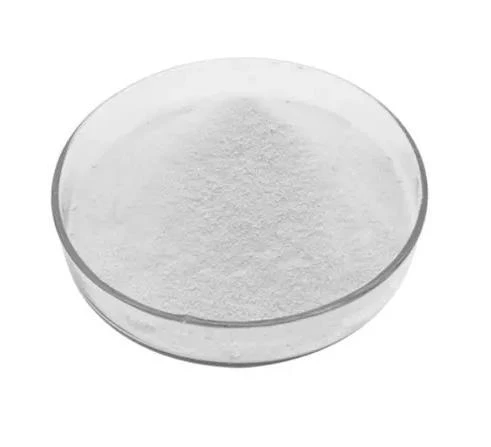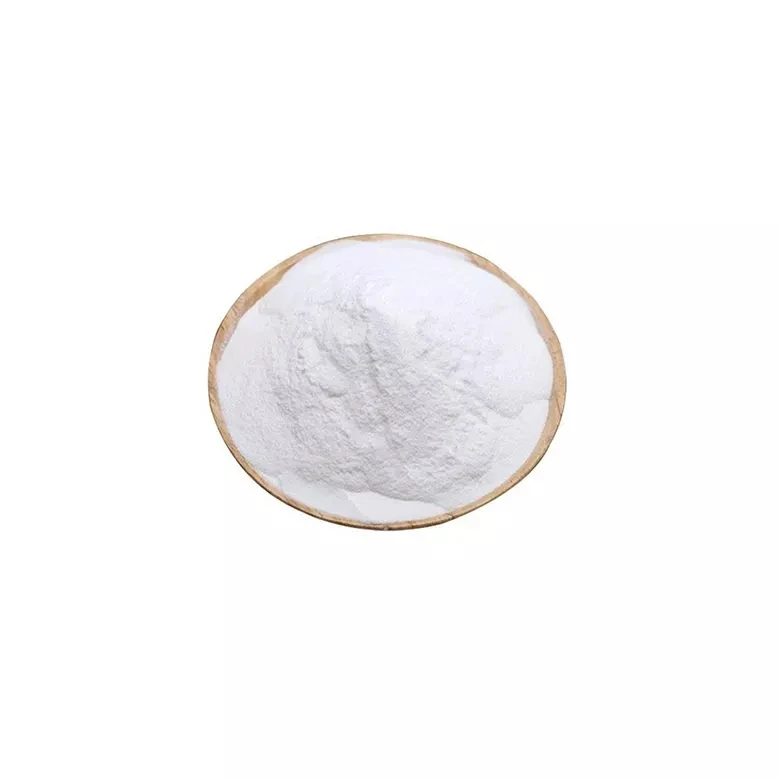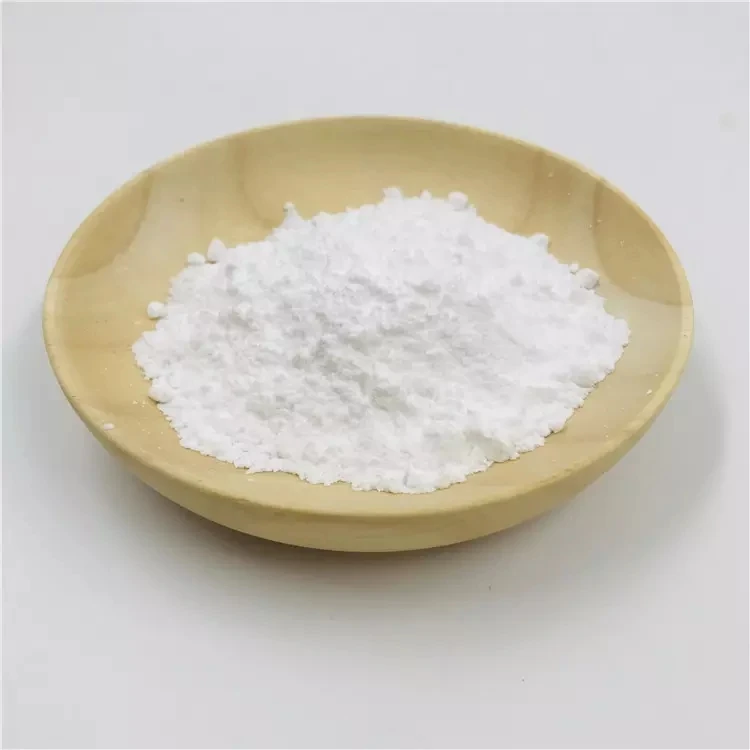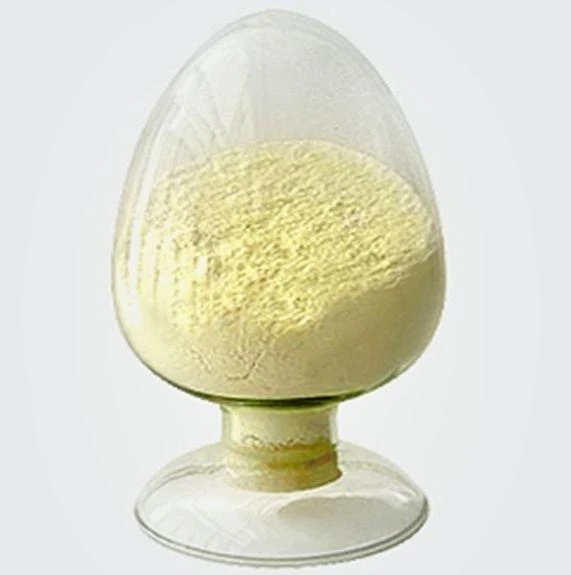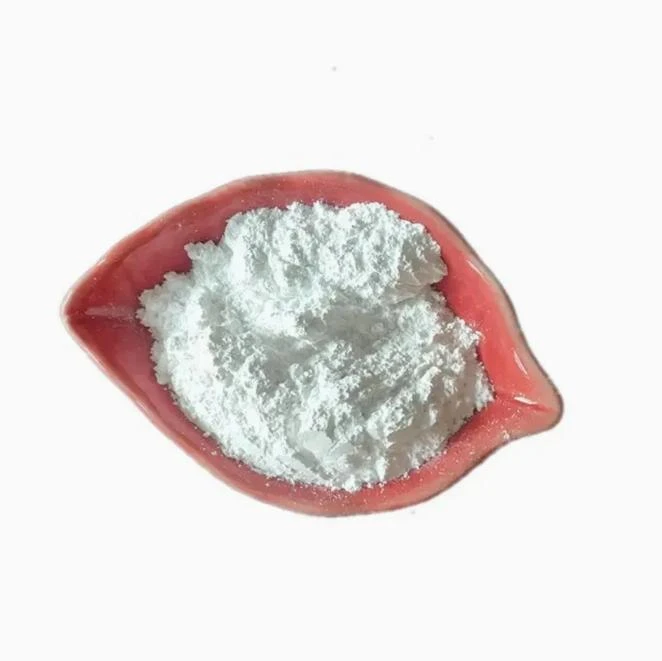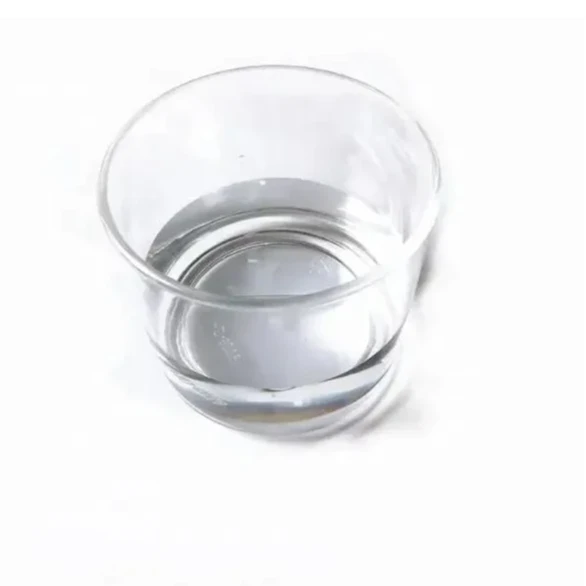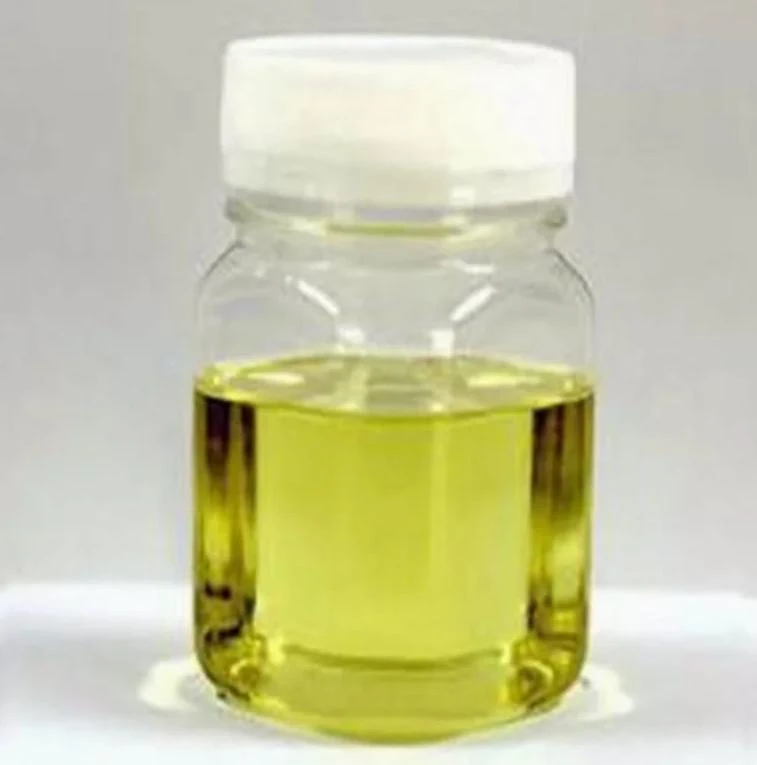Warning: Undefined array key "file" in /home/www/wwwroot/HTML/www.exportstart.com/wp-content/themes/1198/header.php on line 7
Warning: Undefined array key "title" in /home/www/wwwroot/HTML/www.exportstart.com/wp-content/themes/1198/header.php on line 7
Warning: Undefined array key "title" in /home/www/wwwroot/HTML/www.exportstart.com/wp-content/themes/1198/header.php on line 7
- Afirika
- Ede Albania
- Amharic
- Larubawa
- Ara Armenia
- Azerbaijan
- Basque
- Belarusian
- Ede Bengali
- Ede Bosnia
- Bulgarian
- Catalan
- Cebuano
- China
- China (Taiwan)
- Corsican
- Ede Croatian
- Czech
- Danish
- Dutch
- English
- Esperanto
- Estonia
- Finnish
- Faranse
- Frisia
- Galician
- Georgian
- Jẹmánì
- Giriki
- Gujarati
- Haitian Creole
- hausa
- ara ilu Hawaiani
- Heberu
- Bẹẹkọ
- Miao
- Ede Hungarian
- Icelandic
- igbo
- Ede Indonesian
- Irish
- Itali
- Japanese
- Javanese
- Kannada
- Kasakh
- Khmer
- Ede Rwandan
- Korean
- Kurdish
- Kirgisi
- TB
- Latin
- Latvia
- Lithuania
- Luxembourgish
- Macedonian
- Malgashi
- Malay
- Malayalam
- Èdè Malta
- Maori
- Marathi
- Mongolian
- Mianma
- Nepali
- Norwegian
- Norwegian
- Occitan
- Pashto
- Persian
- Polish
- Portuguese
- Punjabi
- Romanian
- Russian
- Samoan
- Scotland Gaelic
- Ede Serbia
- English
- Shona
- Sindhi
- Sinhala
- Slovakia
- Slovenia
- Somali
- Ede Sipeeni
- Ede Sundan
- Swahili
- Swedish
- Tagalog
- Tajik
- Tamil
- Tatar
- Telugu
- Thai
- Tọki
- Turkmen
- Ukrainian
- Urdu
- Uighur
- Uzbekisi
- Vietnamese
- Welsh
- Egba Mi O
- Yiddish
- Yoruba
- Zulu
Palmitoylethanolamide powder Pea
Palmitoylethanolamide PEA is an endogenous fattyacid amide, belonging to the class of nuclear factor agonists. PEA is one of themost important endogenous painkilling and anti-inflammatory compounds and has been shown to effective for both acute and chronic pain. Because the substanceacts as a natural painkiller, it is an excellent alternative for conventional medications that might cause side effects.
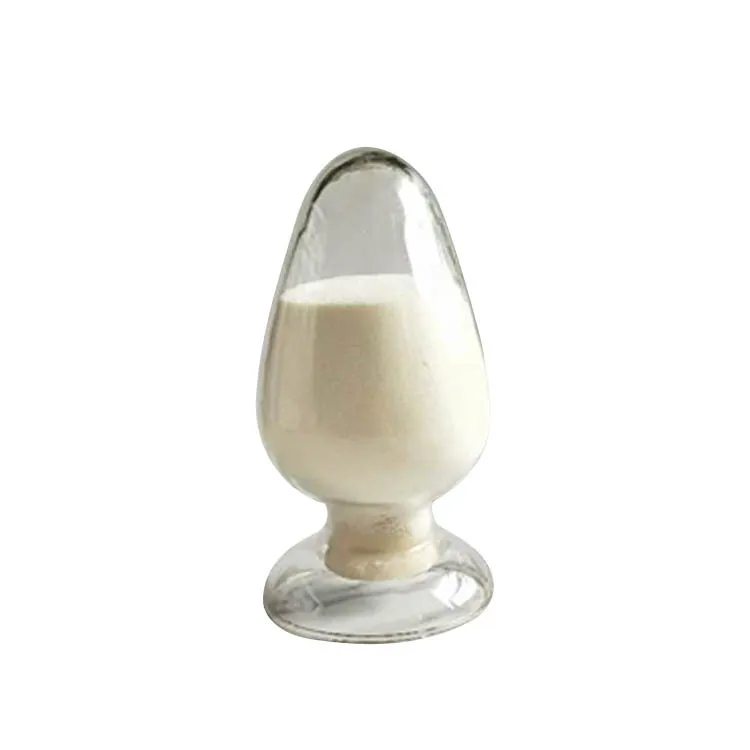

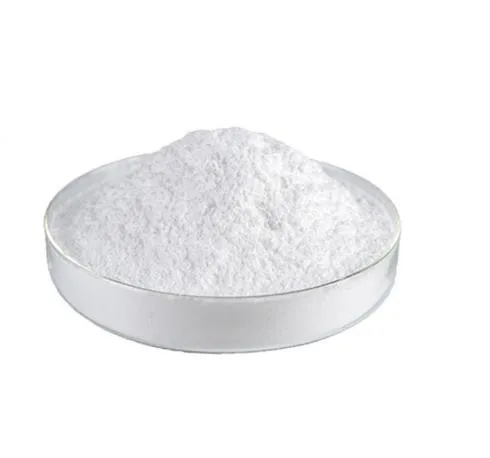

Palmitoylethanolamide is a natural substance produced by the body and it is very effective and safe to use as a supplement for pain and reduce inflammation.
PEA can be synthesized within the human body from the abundant fatty acid palmitic acid, but it is not dependent or influenced by dietary consumption of fatty acids. Palmitic acid in the diet is derived from dairy products such as cheese and butter, palm tree oil, and animal meat products. However, increasing palmitic acid in the hope of increasing endogenous PEA synthesis will not be effective.
The anti-inflammatory properties of PEA are due to its ability to inhibit inflammation-causing proteins called cytokines. Cytokines are released during periods of inflammation. PEA can suppress the secretion of tumor necrosis factor alpha (TNF alpha), a cytokine, while also inhibiting the release of interleukins. Interleukins are a specific class of cytokines which belong in the immunological system and are activated during the process of inflammation.
A ni ọpọlọpọ awọn ile-iṣelọpọ giga-giga pẹlu ifowosowopo jinlẹ, eyiti o le fun ọ ni awọn ọja to gaju ati awọn idiyele ifigagbaga. Ati pe a tun le fun awọn ẹdinwo fun awọn rira olopobobo.Ati pe a ṣe ifọwọsowọpọ pẹlu ọpọlọpọ awọn ile-iṣẹ gbigbe ẹru ẹru ọjọgbọn, le fi awọn ọja ranṣẹ lailewu ati laisiyonu si ọwọ rẹ. Akoko ifijiṣẹ jẹ nipa awọn ọjọ 3-20 lẹhin ijẹrisi isanwo.
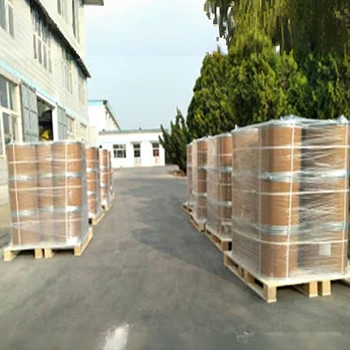
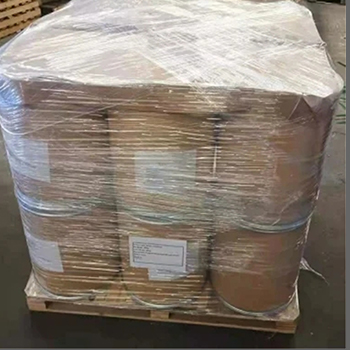

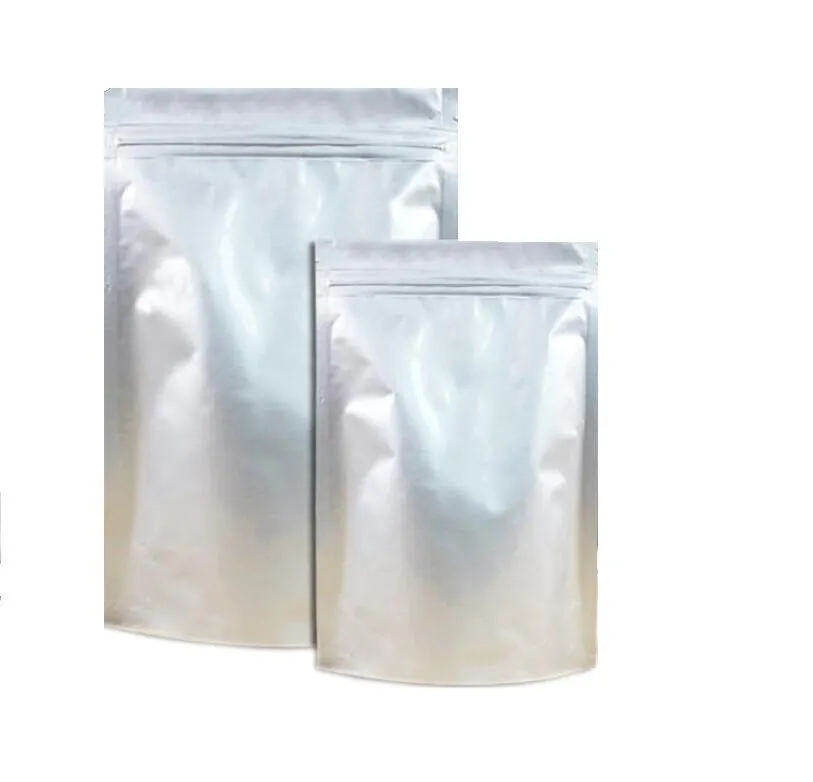
| Nkan | Sipesifikesonu | Abajade |
| Ifarahan | Fine white to off-white crystal powder | Ni ibamu |
| Color | White to Off-white | Ni ibamu |
| Idanimọ | Positive | Ni ibamu |
| Pipadanu lori Gbigbe | ≤ 1.0% | 0.28% |
| Water | ≤ 1.0% | 0.17% |
| Residue on ignition | ≤ 0.10% | 0.04% |
| Purity (HPLC) | ≥ 99.0% | 99.54% |
| Heavy metal | ||
| (Pb),mg/kg | ≤ 0.5 | Ni ibamu |
| (As), mg/kg |
≤ 0.15 | Ni ibamu |
| (Cd),mg/kg | ≤ 2.5 | Ni ibamu |
| (Hg), mg/kg |
≤ 1.5 | Ni ibamu |
| Solvent residue |
||
| Ethanol | ≤ 0.5% | Not detected |
| Microbiological control | ||
| Apapọ Awo kika | ≤ 10,000cfu/g | Ni ibamu |
| Yeast & Mold | ≤ 300cfu/g | Ni ibamu |
| Coliforms | ≤ 10cfu/g | Ni ibamu |
| E.Coli | Negative/10g | Ni ibamu |
| Salmonella sp. | Negative/25g | Ni ibamu |
| Staph Aureus | Negative/10g | Ni ibamu |
| Pseudomonas aeruginosa |
Negative/25g | Ni ibamu |
| Ipari | The results conform to enterprise Standard | |
Palmitoylethanolamide(pea) Powder is an endogenous fatty acid amide, belonging to the class of nuclear factor agonists.
PEA has been demonstrated to bind to a receptor in the cell-nucleus (a nuclear receptor) and exerts a great variety of biological functions related to chronic pain and inflammation. The main target is thought to be the peroxisome proliferator-activated receptor alpha (PPAR-α).It is an endogenous fattyacid amide, belonging to the class of nuclear factor agonists. PEA is one of themost important endogenous painkilling and anti-inflammatory compounds and has been shown to effective for both acute and chronic pain. Because the substanceacts as a natural painkiller, it is an excellent alternative for conventionalmedications that might cause side effects.
1. Anti-inflammatory:PEA is believed to possess anti-inflammatory properties, helping to alleviate inflammation and pain.
2. Analgesic:PEA can relieve various types of pain, including neuropathic pain and chronic pain syndromes.
3. Neuroprotection:PEA may contribute to protecting the nervous system and could be beneficial for certain neurological conditions.
4. Immune modulation:PEA may have some immune-modulating effects, assisting in regulating immune system function.
5. Skincare:Some studies suggest that PEA may be beneficial for the skin and can be used to treat and maintain certain skin conditions.

1. Ṣe o jẹ ile-iṣẹ tabi ile-iṣẹ iṣowo kan?
A jẹ ile-iṣẹ iṣọpọ compnay ati iṣowo, ti n pese iṣẹ iduro kan.OEM le gba.
2. Ṣe o pese awọn ayẹwo? Ṣe o jẹ ọfẹ tabi afikun?
Awọn ayẹwo ọfẹ.Ọya ẹru ọkọ ayẹwo naa nilo lati san nipasẹ ẹgbẹ rẹ.
3. Ṣe o ni awọn iwe-ẹri eyikeyi ti o ni ibatan si iṣakoso didara?
ISO 9001: 2008 iwe-ẹri lati rii daju didara.
4. Kini MO yẹ ki n pese lati gba agbasọ ọrọ kan?
Pls sọ fun wa iru ọja ti o nilo, iwọn ibere, adirẹsi ati awọn ibeere pataki.Itọkasi yoo ṣee ṣe fun itọkasi rẹ ni akoko.
5. Iru ọna sisan wo ni o fẹ? Iru awọn ofin wo ni a gba?
Awọn ofin Ifijiṣẹ ti a gba: FOB, CFR, CIF, EXW;
Ti gba Owo Isanwo:USD;
Ti gba Isanwo Isanwo: T/T,Western Union; Paypal, Iṣowo Iṣowo.
Ede Sọ: Gẹẹsi.
Awọn ẹka ọja
-
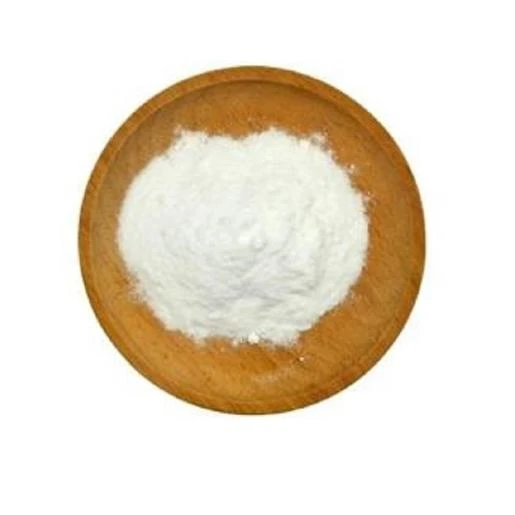 May . 13, 20252025 European Fine Chemicals Exhibition in GermanyThe much-anticipated Fine Chemicals Europe 2025 will be held in Germany from June 4 to 5, 2025. The event will bring together industry leaders, innovators and stakeholders in the fine chemicals sector, providing a unique platform for networking, collaboration and showcasing the latest advances in the field.
May . 13, 20252025 European Fine Chemicals Exhibition in GermanyThe much-anticipated Fine Chemicals Europe 2025 will be held in Germany from June 4 to 5, 2025. The event will bring together industry leaders, innovators and stakeholders in the fine chemicals sector, providing a unique platform for networking, collaboration and showcasing the latest advances in the field. -
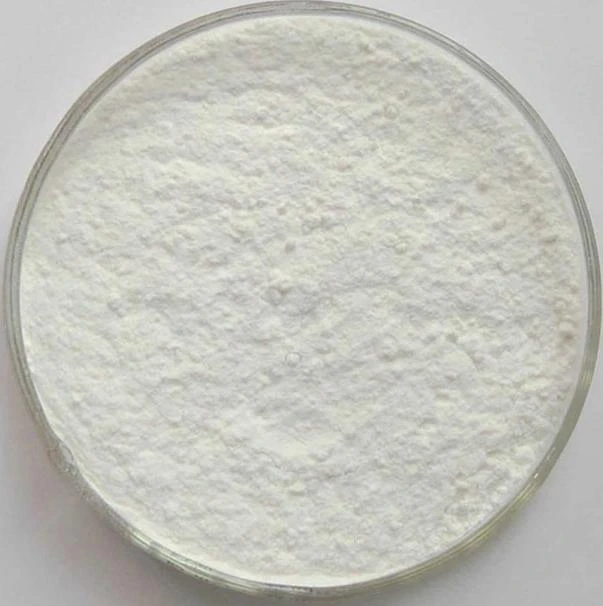 May . 07, 20252025 New York Cosmetics Ingredients ExhibitionThe much-anticipated 2025 Cosmetics Ingredients New York will be held at the Javits Center in New York from June 3 to 4, 2025. This event will bring together industry leaders, innovators and enthusiasts from all over the world to discuss the latest trends and advances in the field of cosmetic ingredients.
May . 07, 20252025 New York Cosmetics Ingredients ExhibitionThe much-anticipated 2025 Cosmetics Ingredients New York will be held at the Javits Center in New York from June 3 to 4, 2025. This event will bring together industry leaders, innovators and enthusiasts from all over the world to discuss the latest trends and advances in the field of cosmetic ingredients. -
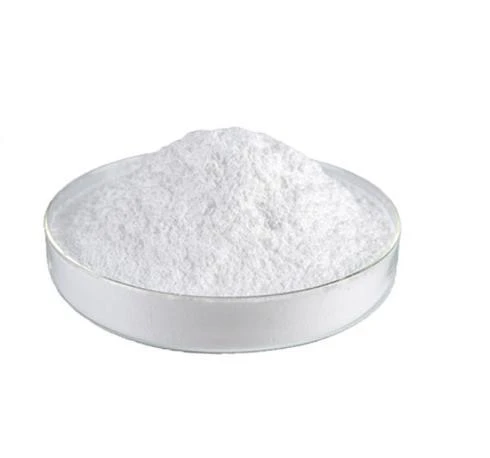 Apr . 27, 2025Zibo will host the 2025 International Chemical ExpoZibo, a city known for its thriving chemical industry, will host the 2025 Zibo International Chemical Expo from May 16 to May 18, 2025. This highly anticipated event aims to bring together industry leaders, innovators and stakeholders from around the world to explore the latest advancements and trends in the chemical industry.
Apr . 27, 2025Zibo will host the 2025 International Chemical ExpoZibo, a city known for its thriving chemical industry, will host the 2025 Zibo International Chemical Expo from May 16 to May 18, 2025. This highly anticipated event aims to bring together industry leaders, innovators and stakeholders from around the world to explore the latest advancements and trends in the chemical industry.


